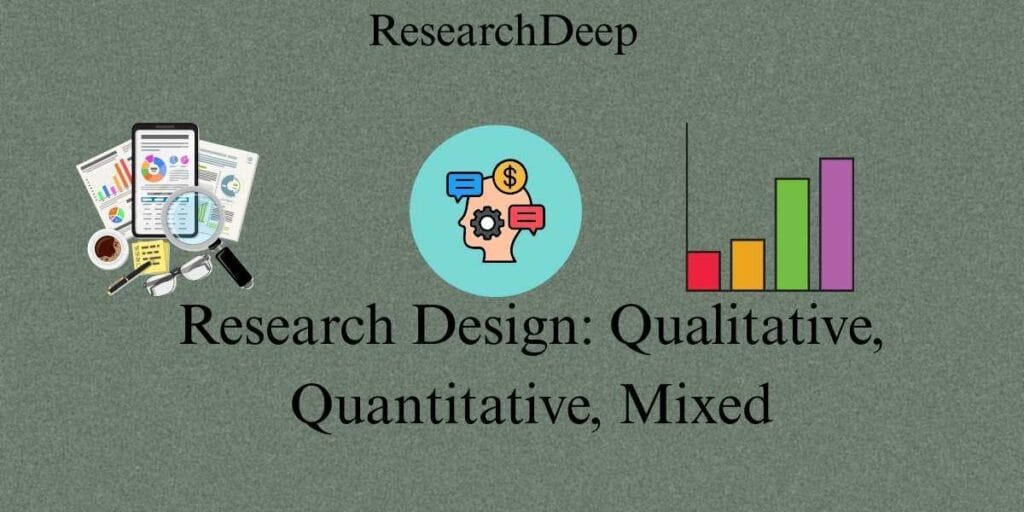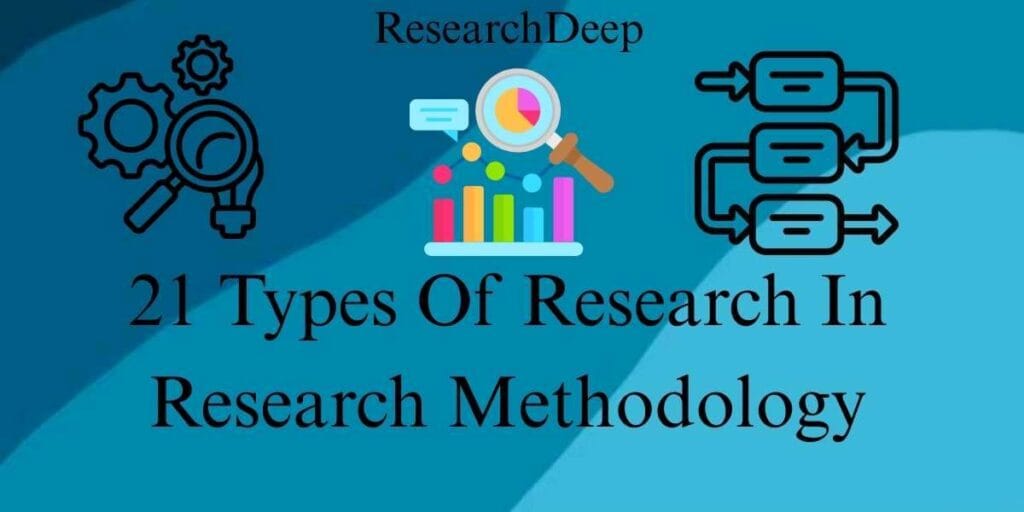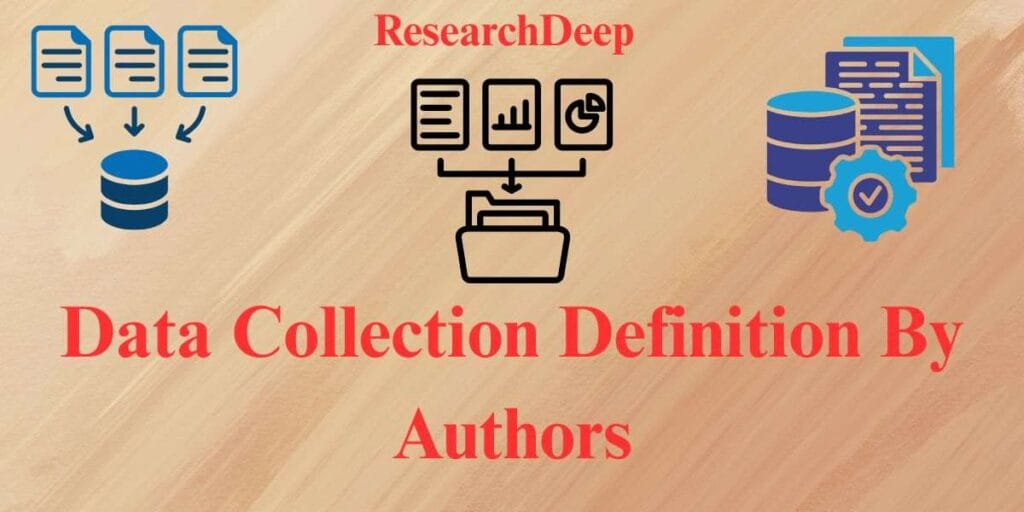Last updated on September 2nd, 2025 at 11:45 am
Introduction
A new study by Creswell (2018) aptly defines “what is literature review in research methodology.” A literature review is a critical summary and analysis of existing research related to a specific topic. It provides context, identifies gaps, and justifies the need for a new study.
Whether part of a PhD thesis, a lengthy doctoral dissertation, or a research paper, a well-structured literature review enhances scholarly credibility by identifying research gaps and ensuring a solid theoretical foundation.
Table of Contents
What is Literature Review in Research Methodology?
A literature review in methodology ensures that it:
- Establishes context: Provides background on the research topic.
- Identifies Gaps: Highlights areas that require further investigation (Ridley, 2012).
- Prevents Redundancy: Ensures research does not duplicate prior studies.
- Supports Methodology: Justifies chosen research methods based on prior work (Booth, Sutton, & Papaioannou, 2016).
- Builds a Theoretical Framework: Connects the study to existing theories.
Types of Literature Reviews
There are different types of literature reviews, depending on the research methodology adopted:
| Type | Description |
|---|---|
| Narrative Review | Provides a broad overview of existing research without a systematic approach. |
| Systematic Review | It uses a structured method to analyze and synthesize existing studies, minimizing bias (Booth et al., 2016). |
| Meta-Analysis | Combines statistical data from multiple studies to identify patterns and trends. |
| Scoping Review | Explores the extent of available literature on a topic without assessing study quality. |
| Theoretical Review | Examines theories and conceptual models related to the research topic. |
Key Components of A Literature Review
There are four main components of a literature review:
1. Introduction
- Description: Overview of social media’s role in education.
- Research objective: Examine its effects on students’ academic success.
2. Thematic Organization
- Positive Impact: Studies show social media as a collaborative learning tool.
- Negative Impact: Research highlighting distractions and reduced focus (Ridley, 2012).
3. Critical Analysis
- Studies support both positive and negative impacts.
- Contradictions and gaps in research findings.
4. Conclusion & Research Gap
- Need for further research on long-term effects.
- Justification for conducting a new study.
Statistics on Literature Reviews in Research Methodologies
- According to a study by Booth et al. (2016), 85% of systematic reviews find significant gaps in previous research.
- A meta-analysis of research methodologies found that 70% of PhD theses include literature reviews as a dedicated chapter (Creswell, 2018).
- The average length of a literature review varies: 20–40 pages in a PhD dissertation and 5–10 pages in a research paper (Ridley, 2012).
FAQs
How many sources should a literature review include?
It depends on the study level—10-20 sources for a research paper, 30-50 for a master’s thesis, and 100+ for a PhD dissertation (Booth et al., 2016).
What makes a literature review effective?
An effective literature review is well-structured, critically analyzes sources, and identifies research gaps.
What is the difference between a literature review and a theoretical framework?
A literature review summarizes and analyzes prior research, while a theoretical framework provides a structured explanation of concepts relevant to the study.
Conclusion
A literature review in research methodology is crucial to academic writing, providing the foundation for scholarly work. Understanding its purpose, types, and structure ensures a comprehensive and well-supported study.
To contribute valuable insights to their field, researchers must critically evaluate sources, organize themes effectively, and identify gaps.
References
Creswell, J. W. (2018). Research Design: Qualitative, Quantitative, and Mixed Methods Approaches. Sage Publications.
Booth, A., Sutton, A., & Papaioannou, D. (2016). Systematic Approaches to a Successful Literature Review. Sage.
Ridley, D. (2012). The Literature Review: A Step-by-Step Guide for Students. SAGE Publications.




